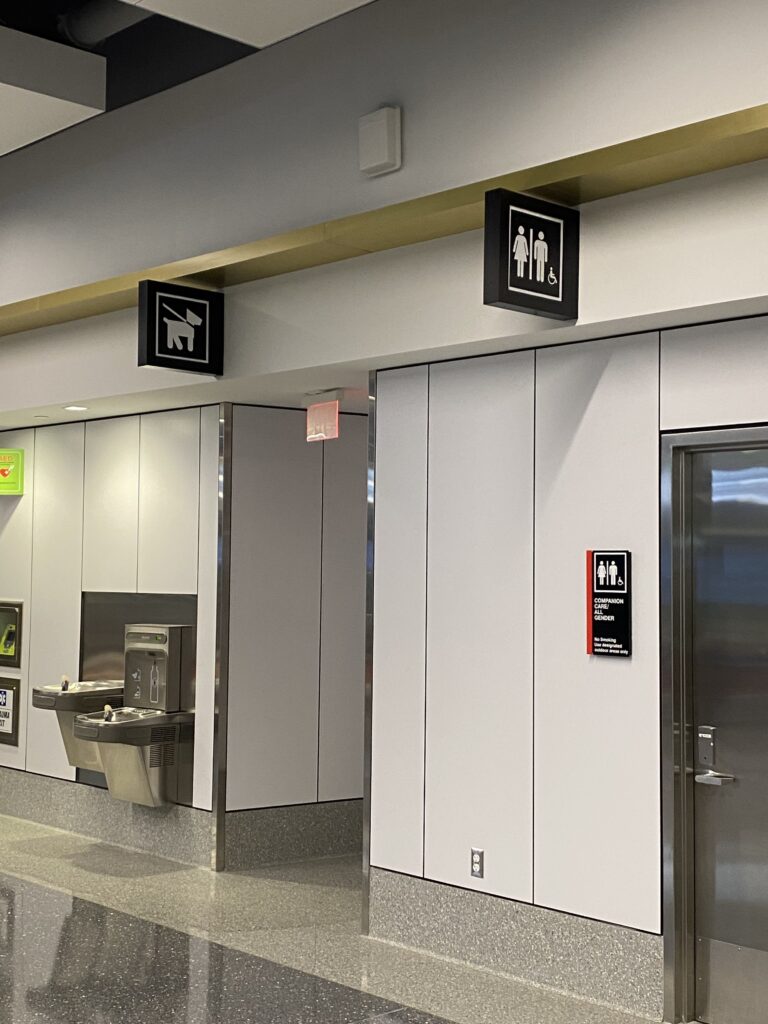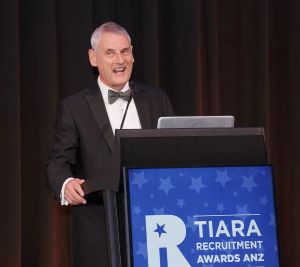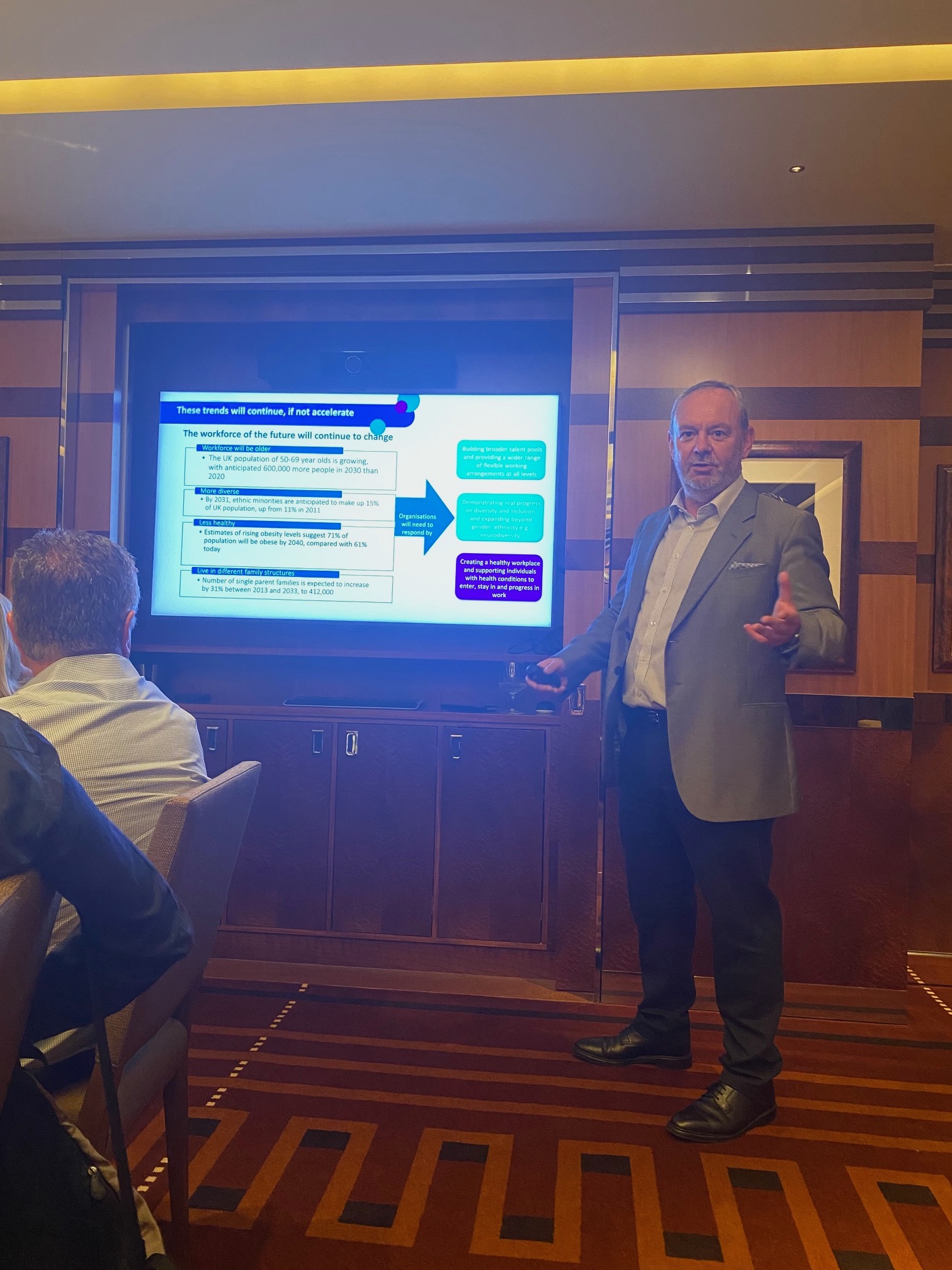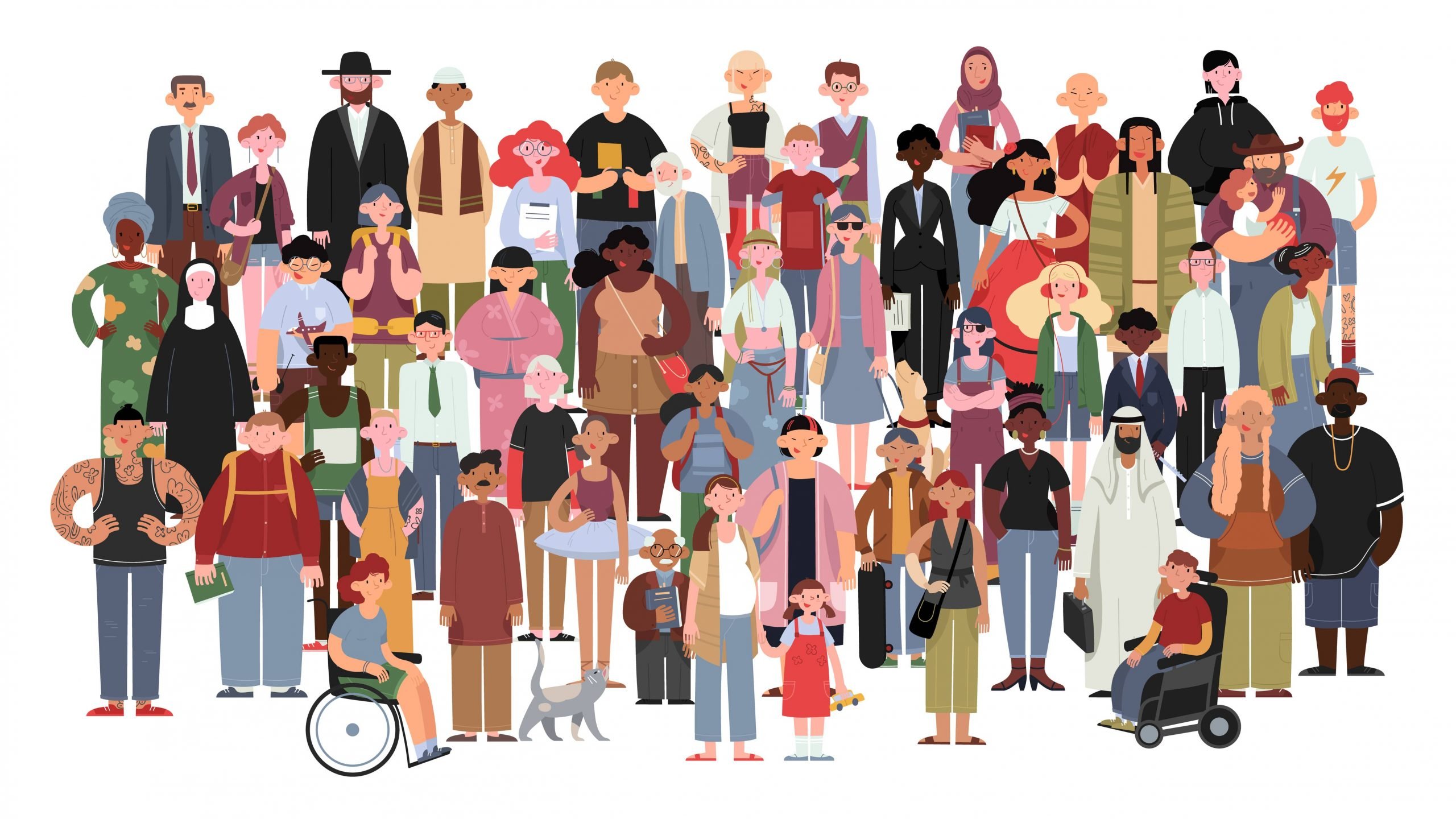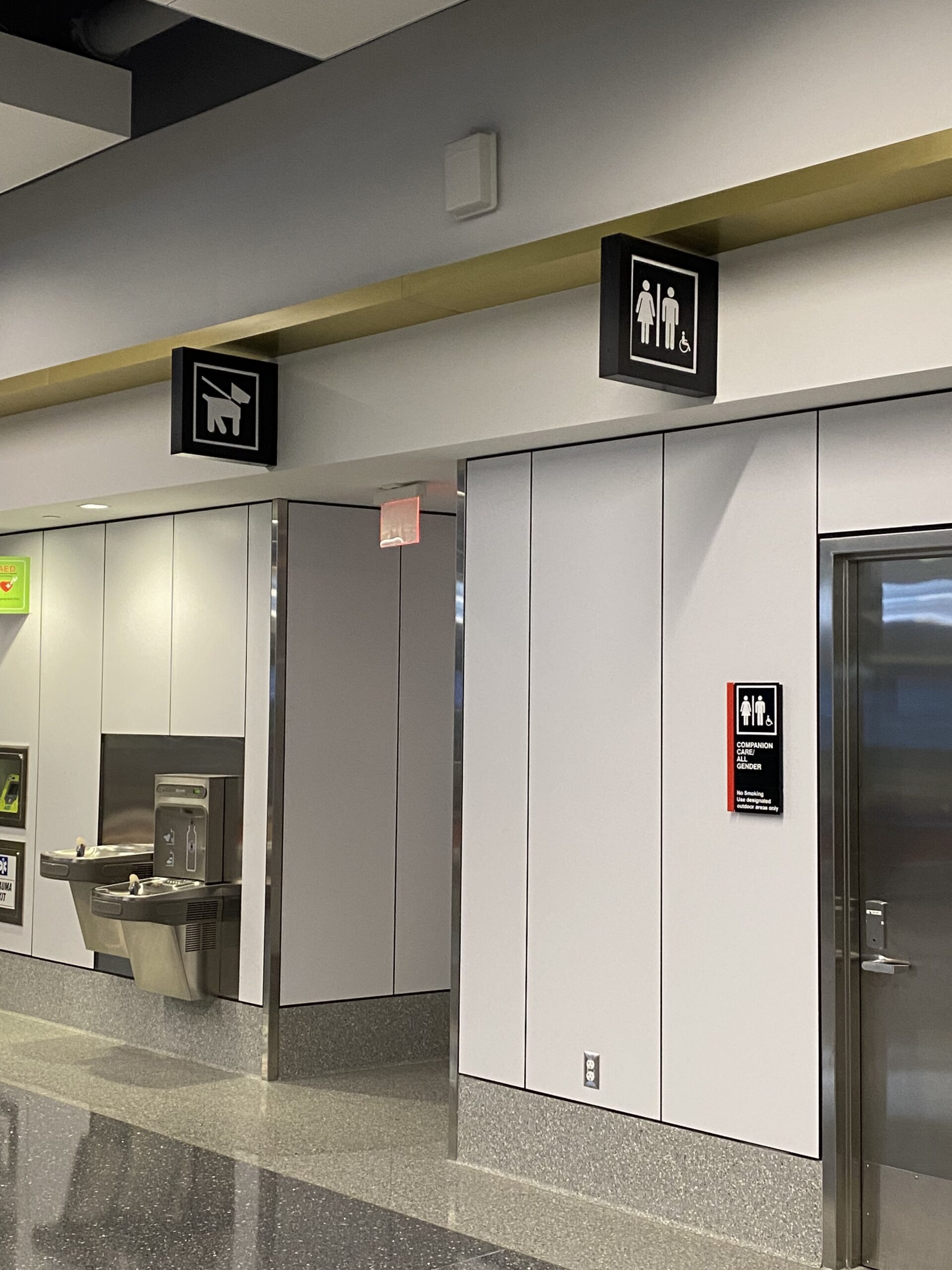Back in 2003 I was Chairman of a recruitment company called Morgan McKinley. The MD and I gave an interview to Recruitment International (yes, the forerunner to TALiNT Internaional). Here’s what we said about our approach to ways of working:
“We appreciate that to get the best from our people we have to be open to the ways in which they want to work and the environment in which they operate. This is why we encourage diversity and continual self-development. Sabbaticals, flexible hours and remote working are actively encouraged. We don’t want to miss out on great people just because they would rather not work five days a week.”
And indeed, since then, I have tried to keep up with the times regarding inclusion with varying degrees of success. At TALiNT Partners we had a distributed and flexible approach to work before the pandemic, our social interactions aren’t just based around alcohol consumption and at the beginning of this year we introduced a Weekly Pulse survey which is a great way of checking in with the team on how they are feeling about things.
Pretty forward thinking (if I say so myself), but my recent experience at Boston’s Logan Airport was a salutary lesson in how things evolve and that, personally, I still have things to learn.
I have to confess, my first reaction to seeing ‘doggie rest rooms’ was along the lines of ‘what on earth is the world coming to’ and ‘do we really need toilets for guide dogs?’ But as I walked towards my gate, I saw a couple of young people with their service dogs. One young woman was struggling, and her service dog was clearly having a calming and positive effect.
And then it struck me: being airside you can still be affected by delays and having somewhere for dogs to do their business is actually pretty important. These facilities make absolutely no difference to anyone else’s experience at the airport and were a great example of a practical response to help people who would ordinarily find it incredibly difficult to travel.
Contrast this with the recent furore over Budweiser’s campaign featuring Dylan Mulvaney. The comparison I would make is that engaging with underrepresented communities needs to be about so much more than a photo opportunity. The Budweiser campaign seems to say nothing more than ‘Hey, trans people can drink beer too’ which a) we all know already, and b) seems to trivialise the many real issues that group have in trying to live their day-to-day lives.
For employers, improving inclusion is not about high-profile campaigns, but rather in addressing the mundane but often complex issues of helping people find and keep a job they enjoy. Things such as flexible working, better understanding of childcare challenges, more awareness of the impact of menopause or the challenges of getting older people back into work or the challenges of young people finding decent housing don’t really make for great headlines but, like our canine companions having access to facilities when they need them, it can make such a difference to your ability to retain the talent that you need.
